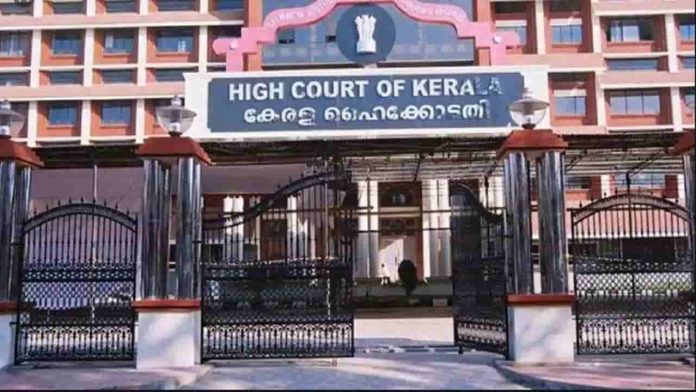The Kerala High Court observed in a judgment delivered on Monday that trial courts do not have the absolute discretion to prune or reject the list of witnesses submitted by the accused.
A single-judge bench of Justice V.G. Arun passed this order while hearing a criminal miscellaneous petition filed by Antony Rosario Fernando & Others.
The prosecution allegation is of the petitioners were found to be in illegal possession of 6.36 kg of hashish oil and currency worth Rs 6,72,500 and thereby having committed the offences punishable under Sections 20(b)(ii)C and Section 29 of the NDPS Act.
The trial of the case has commenced and the prosecution evidence was complete. The accused were questioned under Section 313(1)(b) Cr.P.C. Thereafter, the case was posted for defence evidence. Counsel for the petitioners filed witness lists and sought issuance of summons to those witnesses. The Public Prosecutor filed objections stating that the attempt was to protract the proceedings and to cause annoyance to the witnesses.
The trial court is empowered to interfere with only when the Court is convinced that the application seeking issuance of summons is submitted for the purpose of vexation or delay or for defeating the ends of justice, the Court observed.
The Court said the possibility of annoyance to the witness sought to be examined, or to prosecution witness already examined, is not a ground for refusing to summon that witness.
The High Court, referring to Section 233(3) CrPC, observed thus:
“A careful reading of the Section shows that the Court is bound to issue process for compelling the attendance of witnesses, unless the court is of the opinion that the application for summoning the witnesses ought to be refused on the ground that it is made for the purpose of vexation or delay or for defeating the ends of justice.
The adversarial system confer the accused with the indefeasible right to cross-examine the prosecution witnesses and to let in defence evidence. This indefeasible right cannot be denied lightly. The right to fair trial includes fair and proper opportunities allowed by law to prove the innocence of the accused. Adducing evidence in support of the defence is such an opportunity. Denial of that opportunity means denial of fair trial. It is essential that rules of procedure designed to ensure justice should be scrupulously followed.
Also Read: Ragini Dwivedi bail plea adjourned to January 21
“The decisions in Arivazhagan or Santhosh Kumar cannot be understood to have held that the trial judges have absolute discretion to prune or reject the list of witnesses submitted by the accused. Going by the plain meaning of the words in Section 233(3) and the settled legal position, the trial court is empowered to interfere with only when the court is convinced that the application seeking issuance of summons is submitted for the purpose of vexation or delay or for defeating the ends of justice. In my considered opinion, the petitioner cannot be attributed with any such intention in having filed Annexures A2 and A3 and hence the interference with the list as per Annexure A5 order cannot be sustained,”
the order reads.


